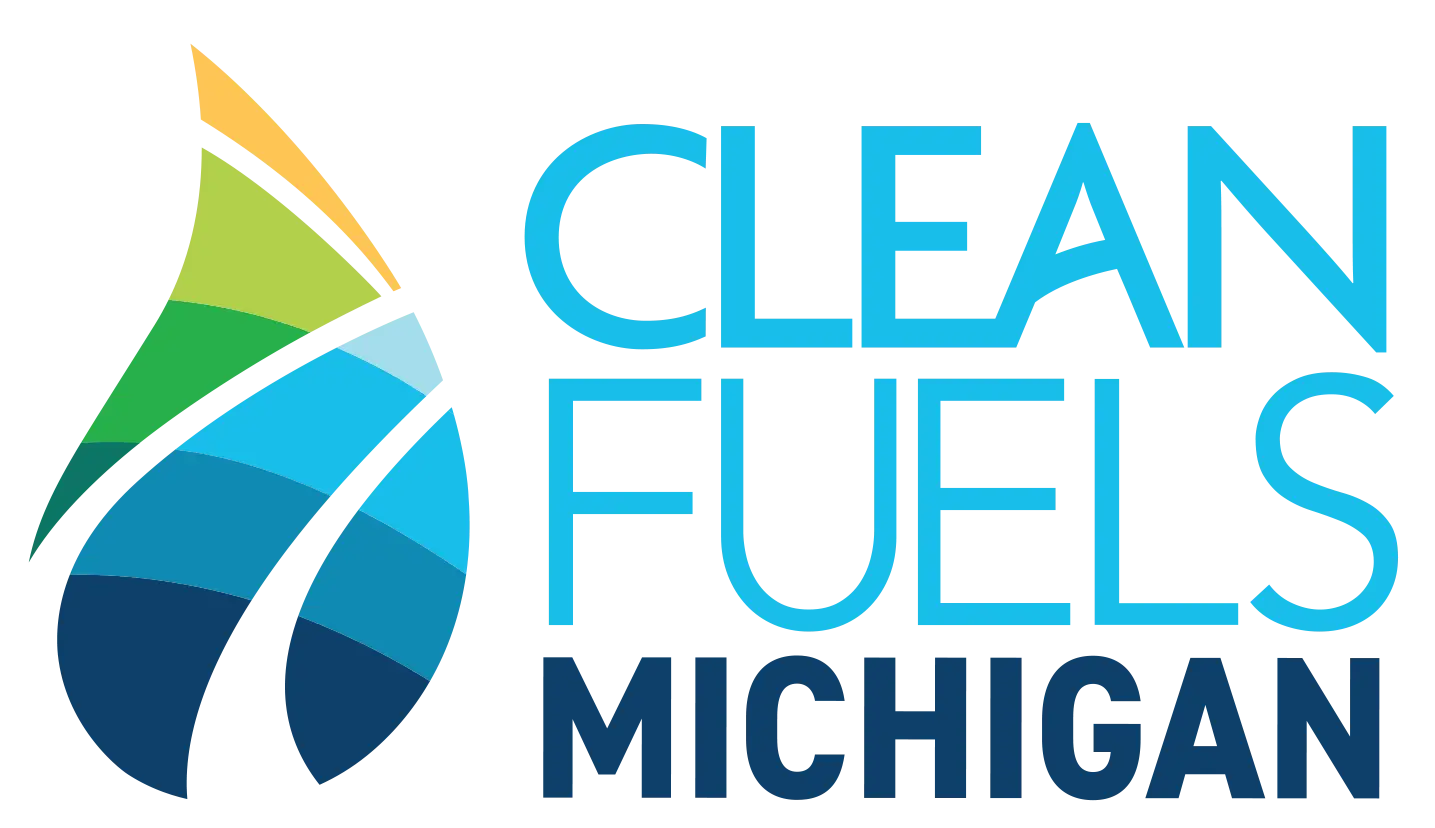Propane gas serves an important role in Michigan’s energy economy. Michigan uses more propane for residential heating than any other state, and Michigan fleets are increasingly looking at propane to provide financial and environmental benefits for their fleet operations. Nationwide, there are about 200,000 vehicles that use propane, from school buses to police fleets, taxicabs, delivery vehicles, and more. That number is growing quickly. ICOM North America, ROUSH CleanTech, and many other businesses in Michigan have invented new and innovative solutions to bring propane vehicles to our roadways in increasing numbers.
Renewable Propane is a Near-Zero Carbon Solution
Renewable propane is providing a new opportunity in the propane market and unknown to many people – renewable propane is not a fossil fuel – it’s made from renewable materials like waste fats and cooking oils. The molecular structure of renewable propane is identical to traditional propane, which means the industry already knows how it will behave and how to use it efficiently.
Renewable propane also has all of the transportation benefits of traditional propane:
- Cleaner burning, resulting in less air pollution than gasoline or diesel.
- Affordable and easy refueling, so you can save money without hassle.
- Domestic source of fuel, meaning we don’t need to rely on imports.
Plus, renewable propane offers a virtually carbon-neutral solution, which is important given Michigan’s goal of net-zero carbon emissions by 2050. Fleets looking for alternative fuels can use renewable propane to save money, reduce emissions, and help Michigan to reach our energy and environmental goals.
As the supply of renewable propane increases, Michigan should be a leader in renewable propane sourcing and use. One avenue to do so is through the proposed Propane Commission, which is laid out in Senate Bill 1133. SB1133 seeks to promote propane as an alternative fuel by updating the definition of retail propane and by creating a Propane Commission to “foster, develop, and promote the sale and safe use of propane.”
